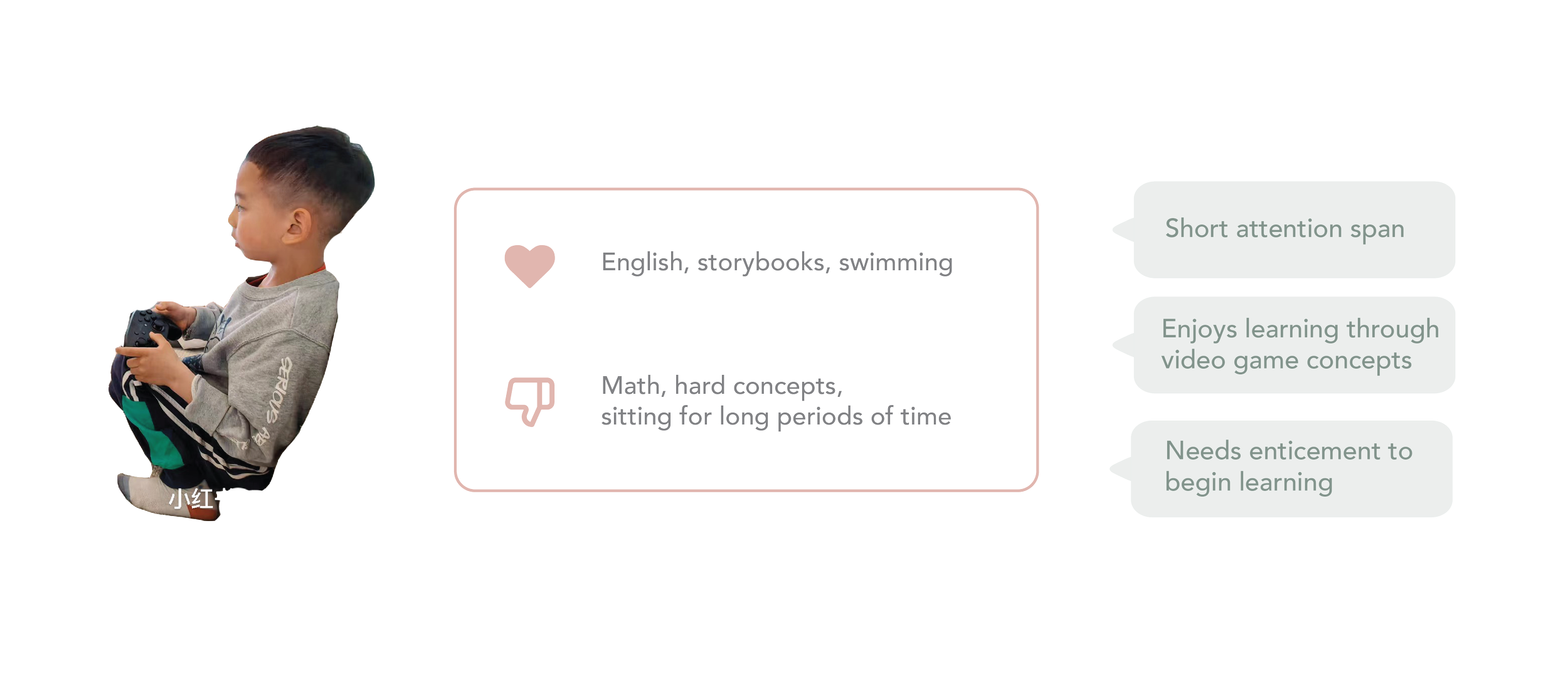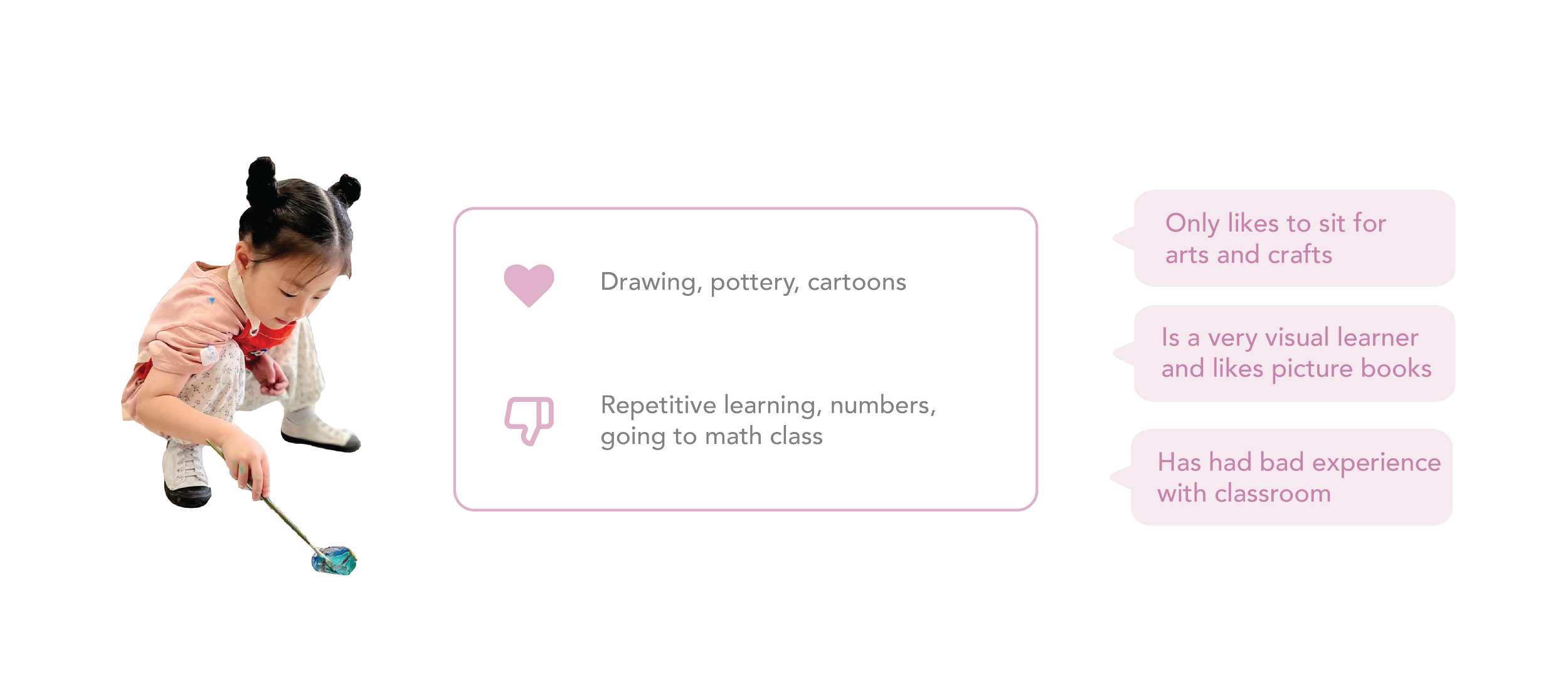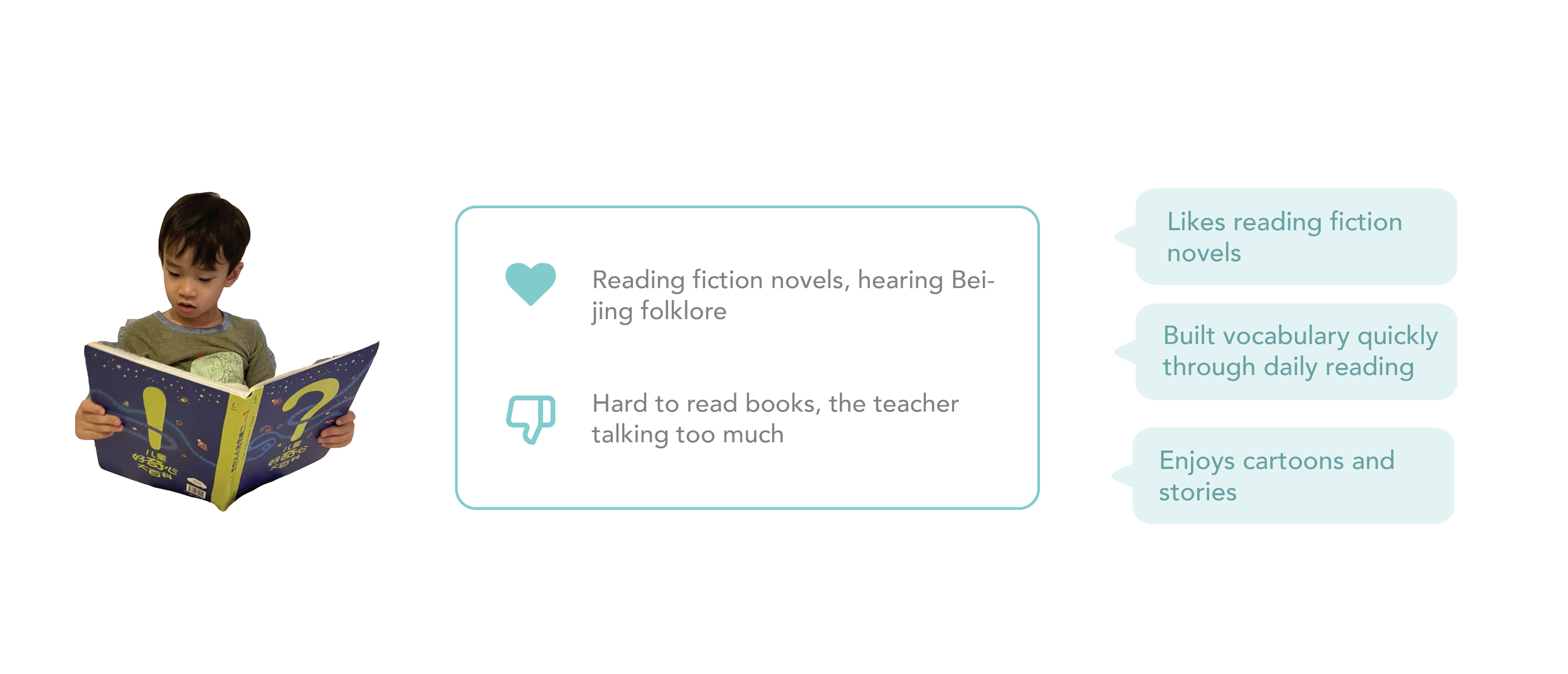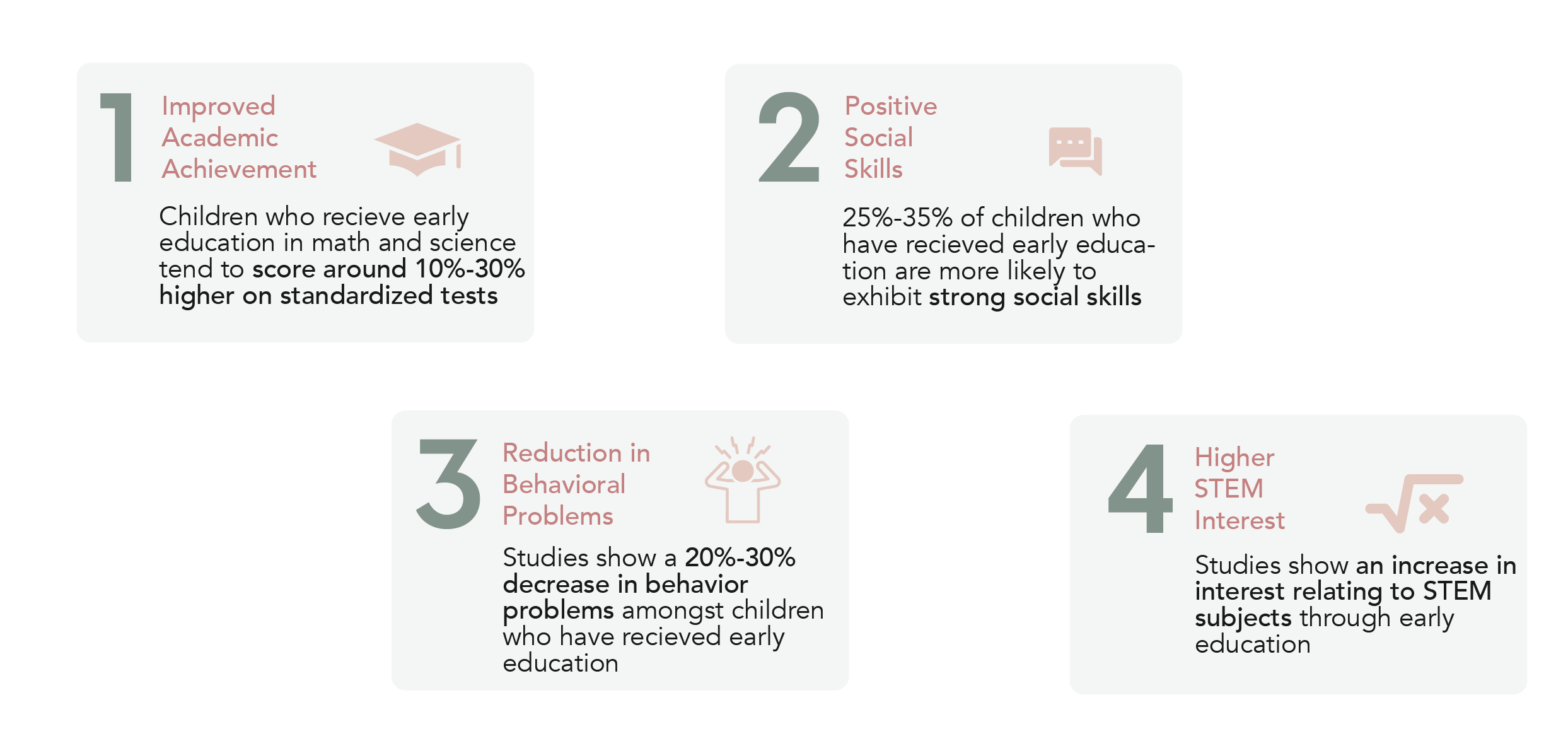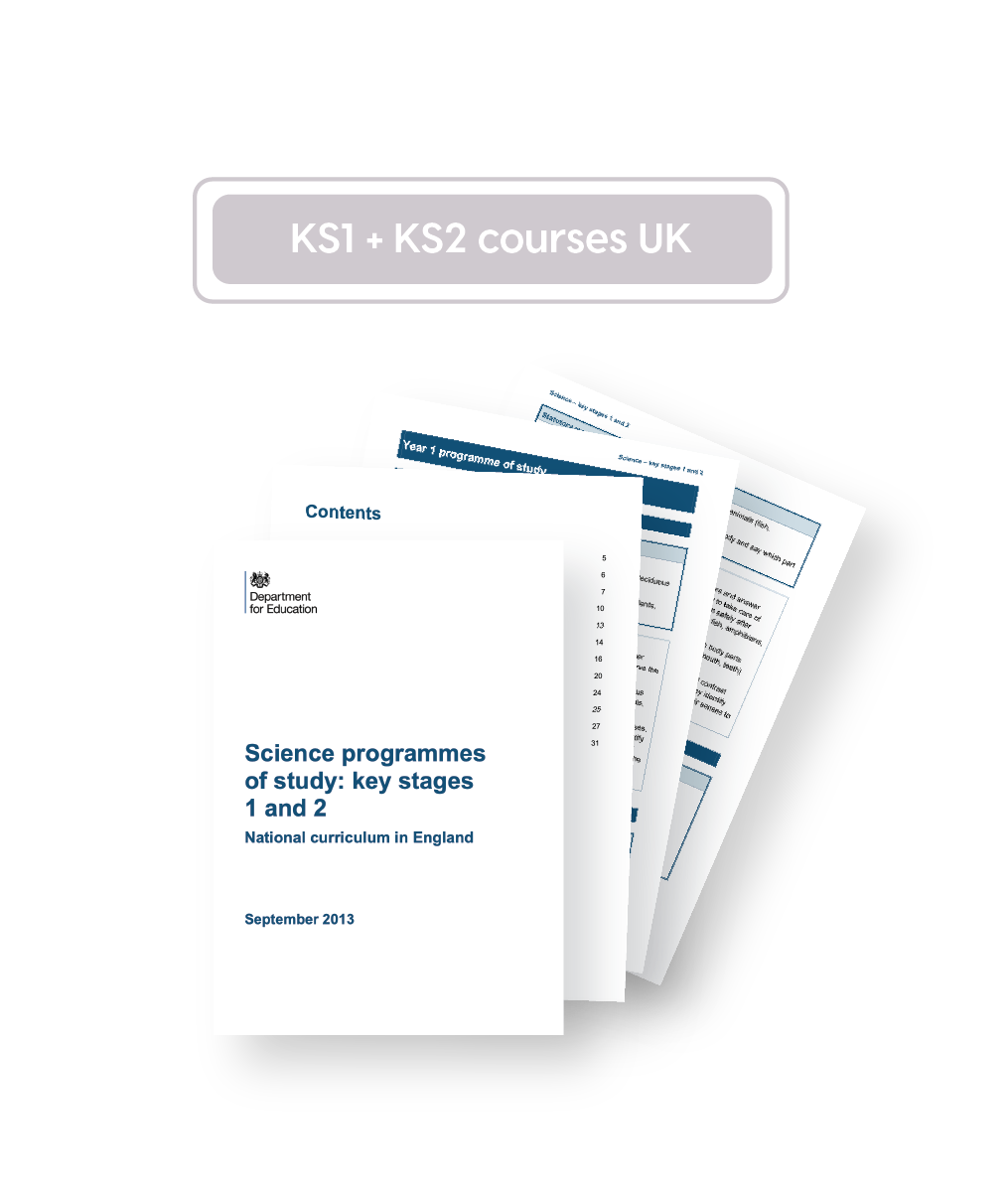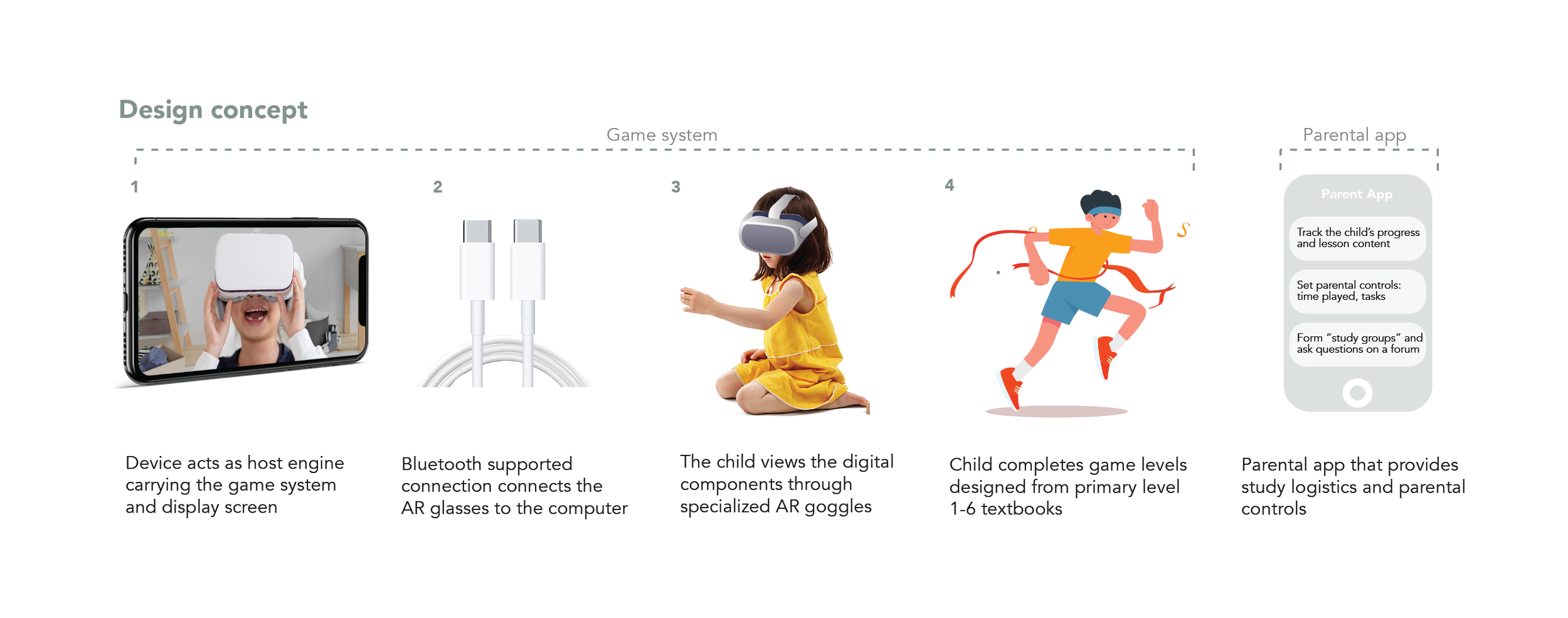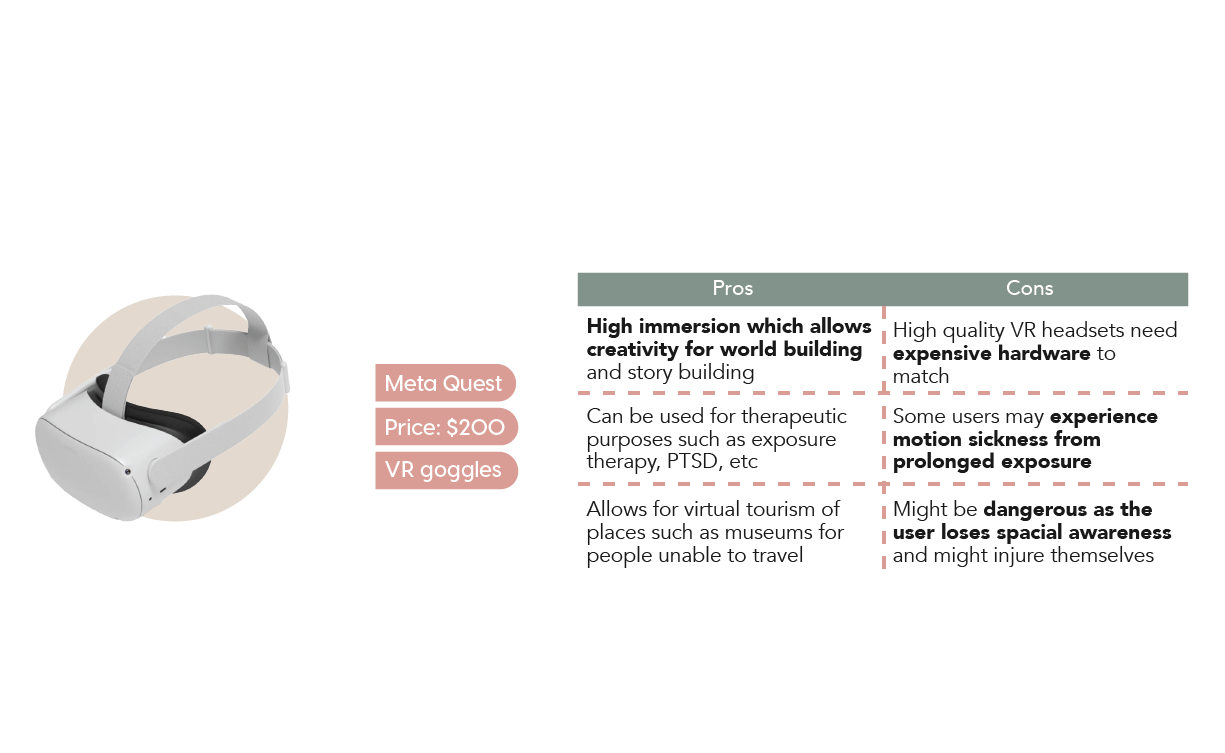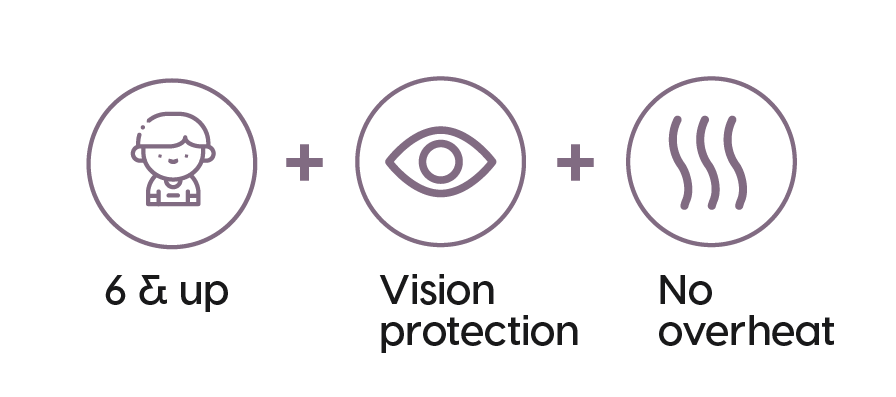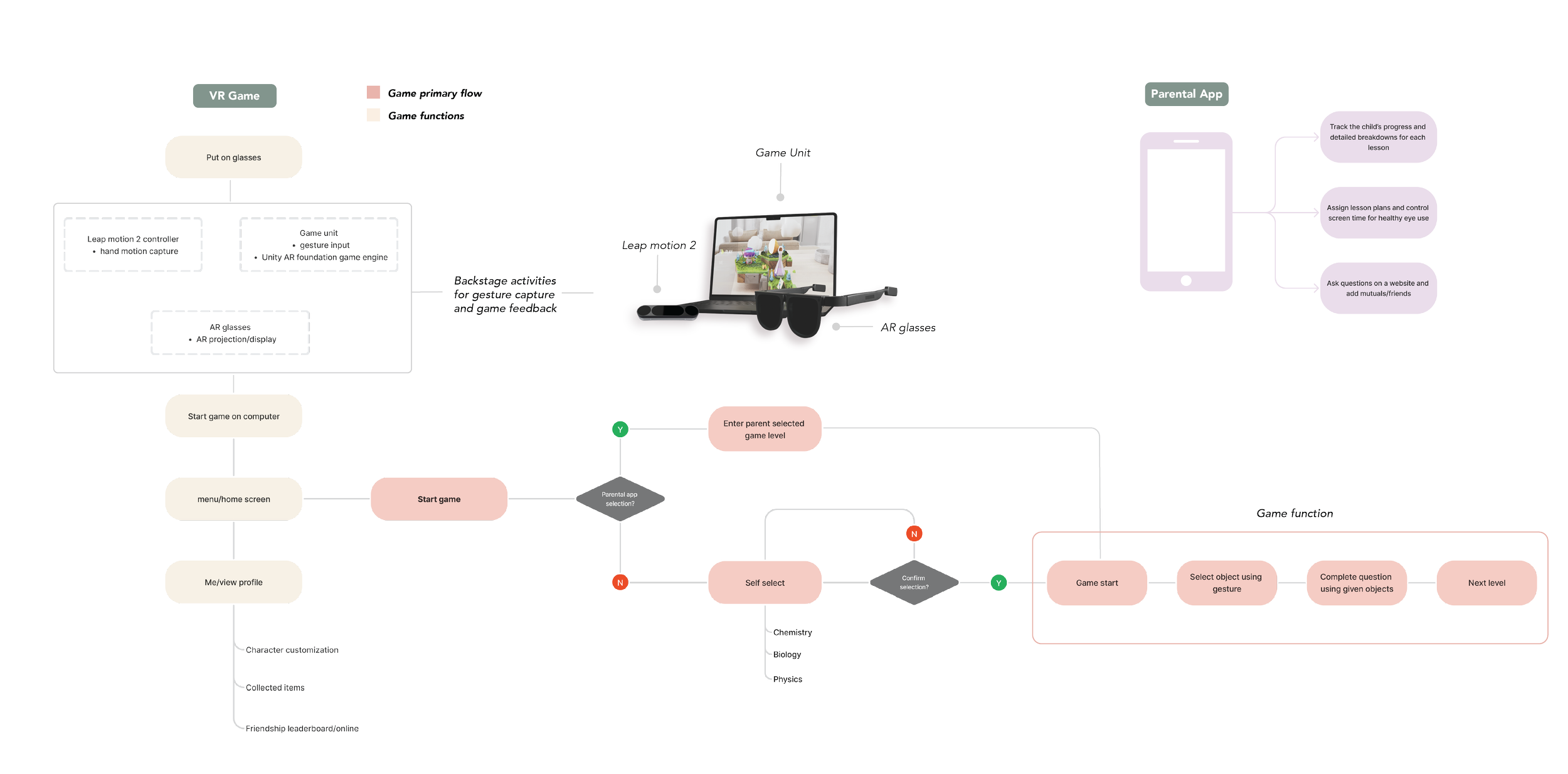
Geniuscape
An educational, interactive AR game unleashing children’s imagination.
“GENIUSCAPE” is a AR game that uses leap motion hand tracking and unity game engine to provide education modules for elementary level physics, biology, and chemistry.
The goal of “GENIUSCAPE” is to move past traditional textbook learning and provide an engaging, interactive AR experience through catering to children’s imagination.
Duration /
July - September 2023
Type /
Personal project
Skills /
Game design
App design
User research
The study problem
Early learning and development is crucial for children, not only to teach them correct learning habits and patterns, but to also encourage curiosity and self initiated learning.
Although the curriculum for subjects such as math, physics, and science are well established, reading from textbooks may become tiresome, and children might start to develop antipathy towards learning.
However, as AR/VR technology and motion capture advances, new curriculum applications could aid in encouraging self-initiated learning and help children absorb knowledge more easily.
Understanding the situation
Photo
Likes/dislikes
In order to find out how children are approaching learning subjects such as math, physics, and science, I interviewed four families with children between the ages of 6-11 to understand each child’s traits as well as their parent’s approach towards learning.
During the interviews, I asked parents to recite any observations on their child’s attitude towards learning or difficulties with learning.
Traits
Parent keypoints
Wants him to enjoy learning
Learns best when he enjoys the topic
Needs a way to relate learning to familiar topics
Rui Rui, 4 y/o
Wants to make repetition fun
She enjoys being creative with arts and crafts
Wants her to solidify basic school subjects
Astrid, 5 y/o
Wants more offline exhibitions regarding his interests
Complex concepts relayed in a way he understands
Considering buying him a new PS5
Jun, 9 y/o
Wants to encourage his passion for reading
Wants to cut down on time cost of searching for books
Wants to find ways to make textbook information more enjoyable to read
Ming, 6 y/o
Interview keypoints
I found that most parents found balancing their child’s hobbies and establishing fundamentals equally important, and highly regard the creative aspects of their child as something to be cultivated.
However, all parents reported struggling with making all of the process fun for their child.
Finding the common ground
How might I create an intriguing application that decreases the strain of traditional learning?
User persona
I developed a user case according to the interviews to help me establish clear points that the app/program should service.
Primary school courses structure
UK department of education official KS1 (Key stage 1) + KS2 (Key stage 2) courses
Research
Early education impacts
Early education not only helps children develop crucial analytical and logical thinking abilities for scholastic courses, it also directly nutures cognitive development and mental fortitude.
The primary school course structure varies between curriculums, but subject matter is mostly similar between biology, physics, and chemistry courses.
Summary of course title as well as course contents for KS1 (1-3 year) and KS2 (4-5 year)
Market research
Game research
Why games?
“Play lets children practice what they know, and also what they don’t.”
Although we often think of play as something children should do outside the classroom, the incorporation of games shows better engagement, participation, achievement and recall of their learning amongst all ages.
Current building/physics based games
Current math/science education methods
Apart from receiving knowledge in school, I researched available types of learning methods that educate children on STEM based subject knowledge.
The development of open world, physics based video games have game mechanics that require problem solving and critical thinking in order to interact with the world. Minecraft in particular providing additional services for collaboration and communication.
How might I revamp video games so that they’re more suitable for children’s education?
Game concept
A hands-on educational early learning game that allows children to learn basic physics, chemistry, and biology through AR visualization
Competitive products
Although AR/VR is a powerful tool, there are concerns with eye usage and restrictions that should be set for children. In order to find a suitable device, I analyzed popular VR, AR, as well as traditional gaming consoles to determine pros and cons regarding their function and suitability for children’s education.
AR glasses
VR glasses
XBOX Kinect
Key points/Improvements
Product concept
Geniuscape AR
Geniuscape AR glasses are specially designed to provide a comfortable AR experience for younger users. With adjustable joints, an IPD (interpupilary distance) adjustment feature, and an ergonomic design tailored to the developing heads of children, these glasses offer a comfortable and immersive augmented reality experience.
The Geniuscape AR glasses allow up to 6cm of adjustable sizing
System included electronics
Product details
User flow
Technical testing
I conducted preliminary testing as well as technical testing using Spark, Leap motion, and Unity. The final product could use Unity + Ultraleap plugin to realize interactive AR elements.
Outcome 1: Parental app
The primary function of the parental app is to select and review available courses and assign them to the child. This helps parents understand the course contents and limit eye usage for healthy screen time.

STORYBOARD
Outcome 2: AR game
Design rationale
To ensure that children will be provided a safe, engaging, and informational learning experience in Geniuscape, I designed a game with simple UI and engaging graphics. Through gradually introducing children to complex concepts in a non-traditional learning environment, I hope to encourage children’s natural curiosity and minimize avoidance to unfamiliar topics

